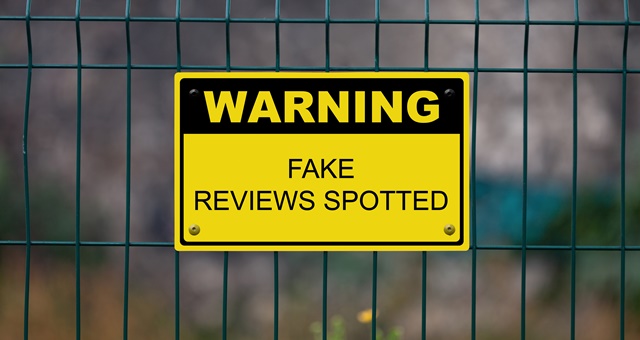
Nearly five per cent of traveller reviews submitted to TripAdvisor in 2018 violated the platform’s guidelines and were removed or rejected from the site, a spokesperson for the travel community said, with nearly three per cent due to fraud.
According to new data released by TripAdvisor, which trades heavily on its first-person user-reviews of travel products, experiences and destinations, more than 66 million first-person reviews were submitted to the site last year alone, with 2.7 per cent identified as fraudulent by advanced detection algorithms.
The Review Transparency Report found 2.7 million reviews were either rejected or referred to a human content moderator for further assessment. The main cause for a review to be rejected was for violations of TripAdvisor’s guidelines, which prohibits commercial advertising or marketing language in a review; were too long or contained other inappropriate material.
Over the course of the year, nearly 35,000 businesses were subjected to a ranking penalty – which pushes their business down in search results – for violating TripAdvisor’s terms by posting fake reviews or incentivising a guest to post a review without merit or justification. Since 2015, TripAdvisor has stopped 75 individual websites from selling reviews as a means of revenue.
TripAdvisor Senior Director of Trust and Safety, Becky Foley, said the company could only police its online presence and called on Facebook and Google to join it in attempting to tackle the problem once and for all.
“Ensuring that TripAdvisor is a trusted platform for our users and listed businesses is a top priority. We’ve continued to make advancements to our industry-leading fraud detection efforts in recent years, but it’s a daily battle and we are far from complacent.
“As long as other review platforms aren’t taking aggressive action, then fraudsters will continue to exploit and extort small businesses for cash,” Foley added.
Less than one per cent of reviews that made it onto the site in 2018 were flagged or reported by businesses or users as potentially containing fraudulent or unjustified material.

